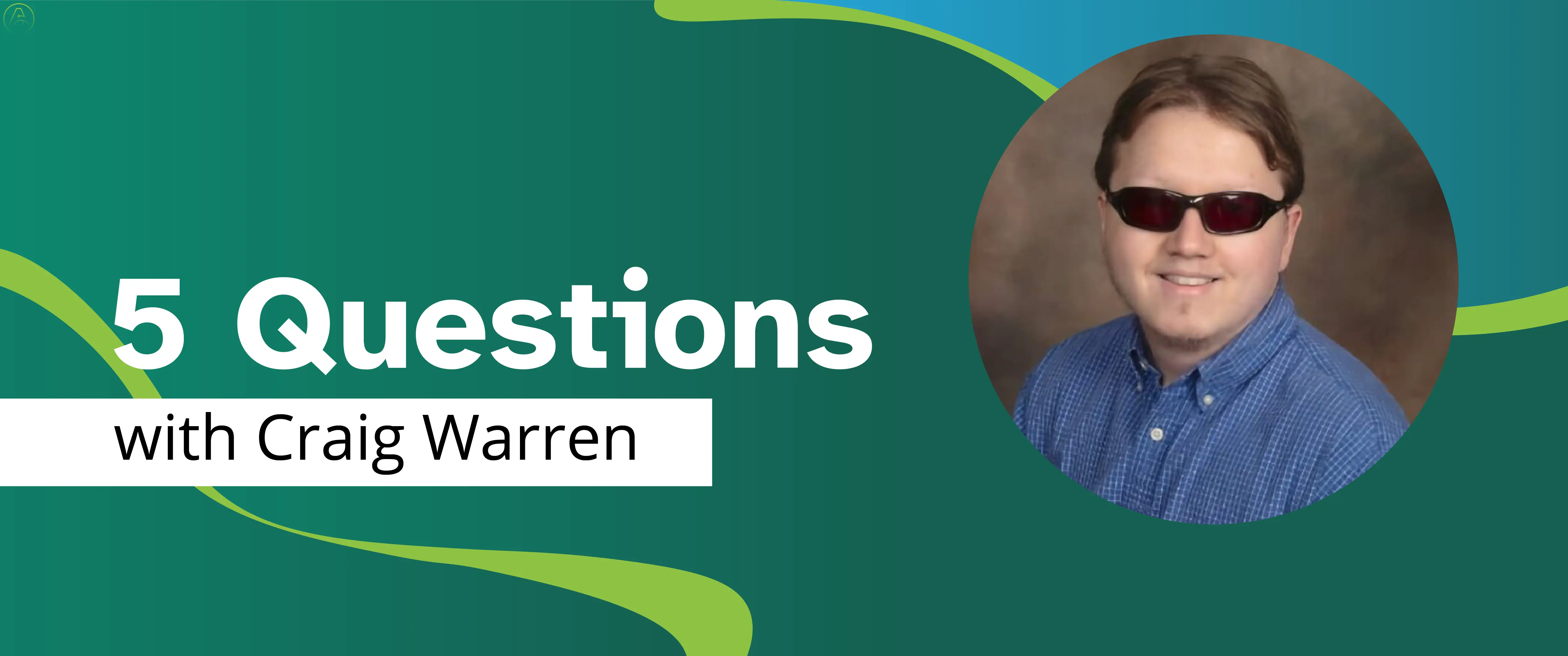Around 10% of preschool-aged children have phonological processing disorder (PPD), a childhood speech and language disorder that can continue into adulthood without proper intervention. This article will answer your biggest questions about PPD, including:
What is phonological processing disorder?
What causes phonological processing disorder?
What are the different types of diagnoses that are associated with phonological processing disorder?
What are the early signs and symptoms of phonological processing disorder?
What does phonological processing disorder look like in adults?
How does phonological processing disorder affect communication?
What are the treatment options for phonological processing disorder?
Where can I find help for phonological processing disorder?
What is phonological processing disorder?
Phonological processing disorder, or PPD, affects the way a child makes or imagines speech sounds. Sometimes confused with articulation disorders like lisps, PPD impacts phonological processes, the mental links between the “rules” of spoken language and the sounds that actually come out of a child’s mouth.
Phonological processes are the ways children simplify language as they learn to speak. It involves the coordination of the tongue, lips, breath, jaw, and voice. As children learn to talk, it’s natural for certain “simplified” spoken trends to appear, like saying “wa” instead of “water.”
This is an example of “final consonant deletion,” one of many phonological processes most children will go through. However, if a child continues to use these spoken shortcuts after their peers have moved on to more complex language, this may be a sign of a phonological disorder like PPD.
PPD is a form of speech disorder or speech impairment where the brain has difficulty organizing the patterns of sounds. This results in an inability to correctly form those sounds out loud, making a child’s speech difficult to understand.
PPD is also known as:
Speech sound disorder
Developmental phonological disorder
Speech disorder-phonological
Phonological speech disorder
Are there different kinds of phonological processing disorder?
While every child is different, most cases of PPD can be separated into two categories.
Inconsistent phonological disorder involves misunderstanding or mispronouncing the same word differently each time. For example, a child with inconsistent PPD might say “log” instead of “dog” one day, then say “fog” the next.
Consistent phonological disorder appears when children make the same error across multiple words, like dropping the “s” at the beginning of “school,” “snack,” and “smile” (which turn into “cool,” “nack,” and “mile”).
What causes phonological processing disorders?
The cause of this speech disability is often unknown, although many cases of PPD have common factors. Risk factors contributing to PPD could include:
Genetics. Some children with PPD may have inherited it from relatives with other speech and language problems.
Neurological impairments, like cerebral palsy or autism spectrum disorder (ASD).
Structural differences in a child’s face or vocal cords, like a cleft lip or palate.
What are the different types of diagnoses that are associated with phonological processing disorder?
PPD is not the only speech-language processing disorder. In fact, because the earliest symptoms of PPD are so similar to the cute “baby talk” associated with regular childhood development, many families don’t notice PPD until a child’s speech shortcuts start to impact their school experience or social life.
At the same time, PPD can co-exist with a number of other speech disorders. Many adults with untreated childhood PPD symptoms develop these additional speech impairments.
Other speech-language disorders similar to PPD include:
Articulation disorder, which is diagnosed when a child can’t make specific sounds. They may always replace “r” with “w” or “th” with “s.” Articulation disorder isn’t related to any brain, mouth, or ear issues.
Expressive language disorder, in which the person has difficulty putting their needs, wants, or thoughts into words.
Fluency disorder, which means the person struggles to speak in a fluid way. They may say the whole word or parts of the word more than once. Stuttering is a well-known example of a fluency disorder.
Besides speech-specific disorders, certain neurological disorders may have similar characteristics to PPD. These include:
Development delay
What are the early signs and symptoms of phonological processing disorder?
Early signs of phonological processing disorder include:
Difficulty understanding speech
Inability to make phonetic sounds (simple syllables like “oo” and “ah”)
Difficulty saying complex words with multiple syllables
Mixing up phonetic sounds (like replacing “d” with “b” so “dare” becomes “bare”)
Missing letters in some words but not others (like pronouncing “bubble” perfectly, but saying “ike” instead of “bike”)
Missing syllables within a word (like saying “hap” instead of “happy”)
Additionally, many children with PPD display learning and social difficulties, like lower self-confidence, behavioral problems caused by frustration, and difficulty comprehending speech, like a teacher’s lessons or a friend’s conversation on the playground.
What does phonological processing disorder look like in adults?
Adults may feel they have an undiagnosed or untreated phonological processing disorder from childhood. Adults describe the symptoms as:
Their tongue feels heavy.
Their mouth does not move into position to say the sound correctly.
They feel like their words don’t sound right.
They lack confidence in their verbal communication.
How does phonological processing disorder affect communication?
PPD makes it difficult for kids to speak, but it also makes it harder to understand what other people are saying. This can lead to feelings of isolation, especially if a child’s PPD symptoms make it harder to make friends. These feelings and difficulties can persist into later life, especially if a person with PPD carries their speech impairment symptoms into adulthood.
A child with PPD may:
Have difficulty speaking up for themselves or taking part in conversations
Not follow directions, simply because they didn’t understand them
Feel lonely, appear isolated, or have difficulty making friends
Fear school presentations or assignments involving speech
Act out or develop behavioral problems out of frustration of not being understood
Withdraw from extracurricular activities and social groups
In adulthood, PPD symptoms (or negative PPD experiences from childhood) can lead to:
A lack of confidence in one’s career
Avoidance of social situations like dates or happy hour
Isolation, particularly if someone with PPD had difficulty making friends earlier in life
Fear or anxiety of public speaking, like job interviews, phone calls, or ordering a meal at a restaurant
What are the treatment options for phonological processing disorder?
A speech language pathologist (SLP) can evaluate a person’s speech and look for what may be causing PPD.
Speech therapy may help with phonological processing disorder. A therapist can show where to place the tongue or how to form the lips when making a sound. Talk therapy or cognitive behavioral therapy (CBT) can also help someone with PPD to manage the social and communication impacts of their speech-language disorder.
In addition, there are many assistive technologies (AT) and apps that can make communication easier for people with PPD. Ability Central offers a searchable database of smartphones with a wide range of accessibility settings. Check out each product listing to find the best match for your individual needs.
Where can I find help for phonological processing disorder?
Ability Central offers a searchable database of nonprofits that can help with everything from diagnosis to treatment. Use our Service Locator to find an organization near you.
For more information on speech-language impairments like PPD, take a look at Ability Central‘s full article library, covering topics like:



